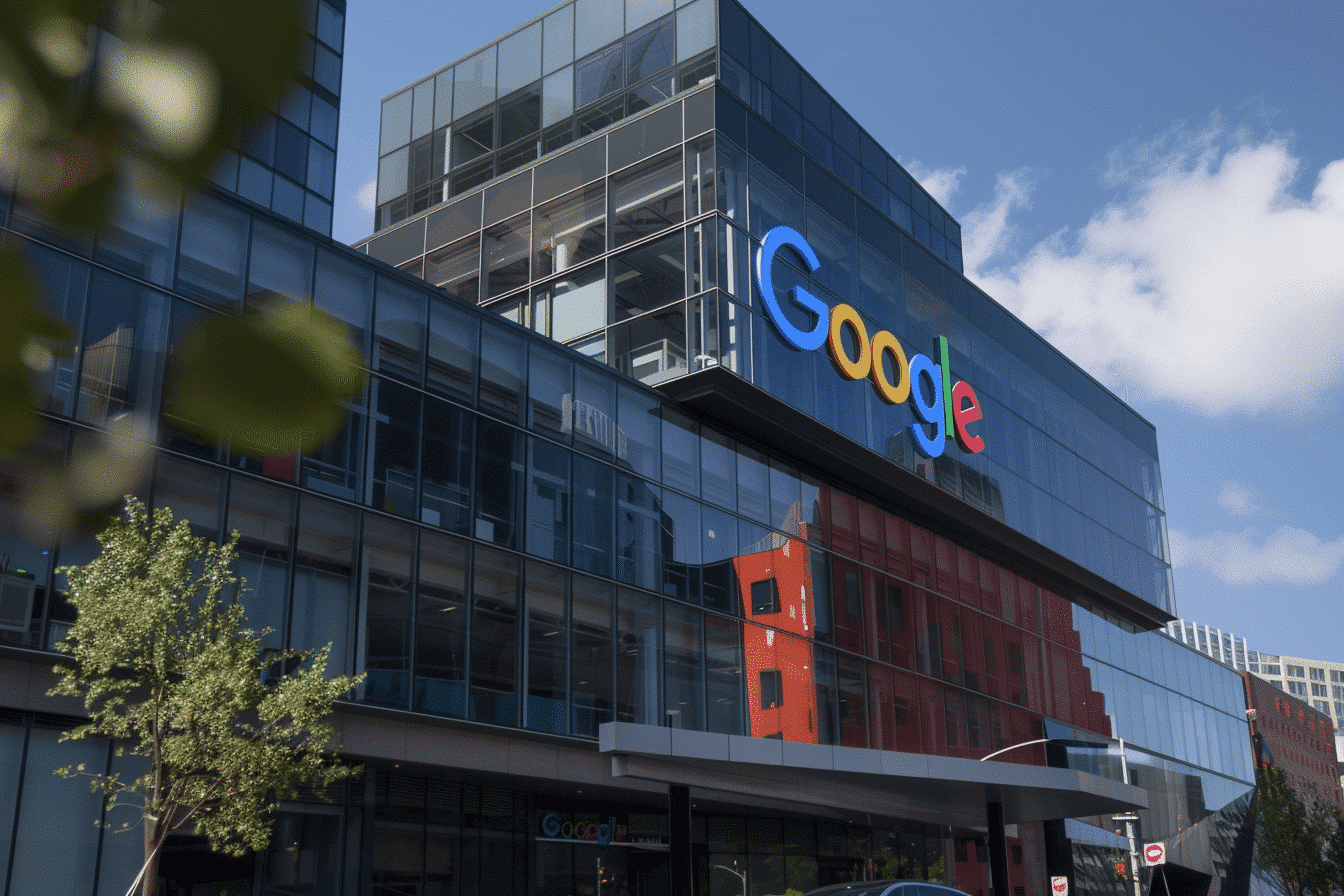In a landmark antitrust case, Google finds itself under intense scrutiny as the Justice Department attempts to prove that the tech giant has illegally monopolized the online search industry. The case, which began during the Trump administration, centers around Google’s alleged manipulation of contracts to ensure its search engine is the default on millions of devices and browsers worldwide.
At the heart of the matter is Google’s relationship with Apple. Google pays Apple billions of dollars annually to secure its position as the default search engine on Apple’s Safari browser, most commonly used on iPhones. By May 2021, these payments had exceeded $1 billion per month, reaching a staggering $20 billion in total for 2022 alone.
The Justice Department argues that Google’s contracts with Apple and other device makers have created an unassailable search business, allowing Google to gather vast amounts of data on user search habits. This data, the DOJ contends, gives Google an unfair advantage, enabling it to continuously refine its search engine at the expense of fair competition.
Google, however, maintains that consumers choose its search engine because it is simply the best, not because of any anticompetitive behavior. The company also argues that its search engine helps support its Android operating system, which competes directly against Apple’s iOS. Google asserts that Apple was free to choose a different default search partner if it wished.
Throughout the trial, District Judge Amit Mehta has remained impartial, expressing uncertainty about his ultimate decision. He has raised questions about the feasibility of competitors unseating Google’s dominant position, suggesting that the Sherman Act, a key US antitrust law, may be concerned about such barriers to entry.
If Judge Mehta rules against Google, it could have far-reaching implications for the tech industry. Not only would Google potentially face penalties, but the case could also set a precedent for future antitrust cases involving other tech giants.
The outcome of this case could revolutionize how millions of Americans search for information online and could reshape the high-stakes battle for dominance in artificial intelligence. Google’s extensive use of search data to improve its AI models has also come under scrutiny, with Microsoft arguing that Google is trying to leverage its search data advantage into an AI advantage.
As the case enters its closing stages, the tech industry waits with bated breath for Judge Mehta’s decision. If he finds fault with Google, it will trigger a separate proceeding to determine what penalties the tech giant may face. The implications of this case are profound, and its resolution could have a lasting impact on the future of online search and competition in the tech industry.




